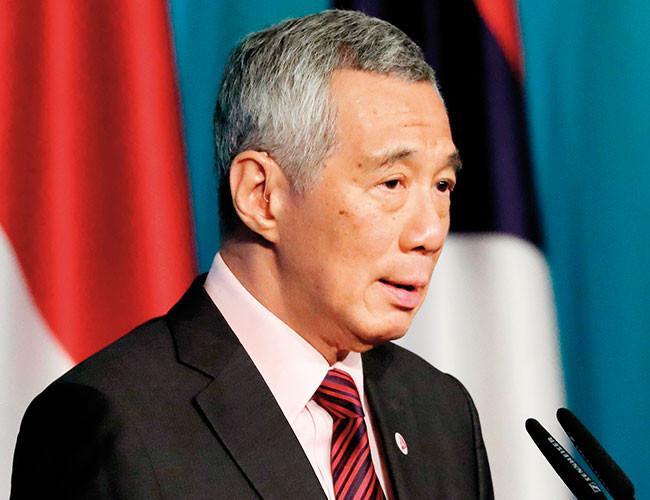
State-actors were likely behind Singapore’s biggest ever cyberattack to date, security experts say, citing the scale and sophistication of the hack which hit medical data of about a quarter of the population.
The city-state announced on July 20 that hackers had broken into a government database and stolen the health records of 1.5 million Singaporeans, including Prime Minister Lee Hsien Loong who was specifically targeted in the “unprecedented” attack.
Singapore’s health minister said the strike was “a deliberate, targeted, and well-planned cyberattack and not the work of casual hackers or criminal gangs.”
While officials refused to comment on the identity of the hackers citing “operational security”, experts told AFP that the complexity of the attack and its focus on high-profile targets like the prime minister pointed to the hand of a state-actor.
“A cyber espionage threat actor could leverage disclosure of sensitive health information... to coerce an individual in [a] position of interest to conduct espionage” on its behalf, said Eric Hoh, Asia-Pacific president of cybersecurity firm FireEye.
Hoh told national broadcaster Channel NewsAsia that the attack was an “advanced persistent threat”.
“The nature of such attacks is that they are conducted by nation states using very advanced tools,” he said.
“They tend to be well resourced, well-funded and highly sophisticated.”
Russia - which is accused of meddling in the U.S. presidential election - China, Iran and North Korea are believed to have the capability to carry out such attacks.
Analysts, however, would not be drawn into speculation on who might be behind the hack or why Singapore was targeted.
The attack started two weeks after the wealthy city-state hosted the historic summit between United States President Donald Trump and North Korean leader Kim Jong Un.